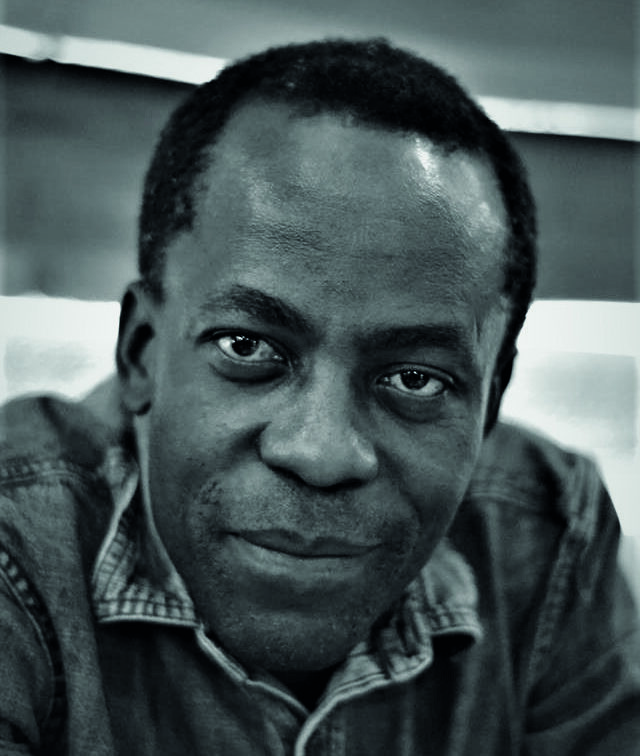Before Black Lives Matter, it seemed as if Britain did not have the language to talk about race and racism. Now Britain looks like it is talking about this in ways it has not done before.
The pandemic has revealed inequalities, how people from Black and other ethnic minority backgrounds are still only ever seen doing the cooking, cleaning, and serving, and how they are absent from other spaces. We talk about a glass-ceiling, but we also need to talk about doors that will not open for some people, about gatekeeping, about ethnicity and one’s real or perceived immigration status and how these play a big part in whether a funding application for an artist is successful, if they have access to funding or training and can develop their practice, and whether someone has a seat at the table. These factors affect Black and ethnic minority artists profoundly.
It’s important to actively work towards inclusion, and towards real equality of opportunity and representation.
In 2015 we began seeing images of large numbers of people moving across the Mediterranean looking for refuge or looking for a better life, and we were horrified by the way governments were responding and the language they were using.
Personally, I responded to images and rhetoric through poems that I posted on my Facebook wall. A lot of people around me, whether they considered themselves to be poets or not, were also responding in similar ways. In a Facebook post, I thought: why don’t we put together a poetry anthology that can be sold to raise funds for groups that are working with people on the move and those looking for refuge? Other poets responded to the idea and liked it. From this, Over Land, Over Sea: Poems for those seeking refuge was born. The anthology was published in 2015 by Five Leaves Publications and is being sold to raise funds for Médecins Sans Frontières, the Nottingham and Nottinghamshire Refugee Forum, and Leicester City of Sanctuary.
Poems are capable of transcending borders
Journeys in Translation came from how, in Leicester, every year, we tried to promote the anthology in new ways. I had the privilege of being friends with a number of people who were actively multilingual. We talked a lot about borders and about poems as things capable of transcending or transgressing borders. And, to begin with, we started encouraging people to translate a few poems from the anthology into other languages and, from there, we started actively trying to get all poems in the anthology into other languages. Out of this came Per terra e per mare: Poesie per chi è in cerca di rifugio, which translates a major selection of poems from Over Land, Over Sea into Italian. This will be followed by a Romanian translation of the poems.
We are also actively looking into translating the anthology into languages including: French, Polish, Hungarian, Maltese, and into the languages of countries that have problematic discourse about migration.
I applied for the PhD because it spoke to a lot of things I’d been working on for many years around the arts and migration.
Through the PhD research, I hope to find out how refugee heritage artists navigate the UK as a space for artistic practice; for example, how easy or difficult has it been for them to practice as artists? Why has it been like this for them?
For me the research project is also about listening to voices that are not normally heard and it’s about conversations with people who are not normally given the kind of space and attention that they should be getting.
I’ll be moving to Manchester because as part of my PhD, I’m attached to Community Arts North West (CAN). I’m really excited about the energy in the city. And I’m excited about CAN because CAN has a deep commitment to the arts, and to artists and communities. I believe that communities and artists can be agents of change and am looking forward to discovering more and exploring CAN’s legacy.
Ambrose Musiyiwa coordinates Journeys in Translation, an international, volunteer-driven initiative that’s translating poems from Over Land, Over Sea: Poems for those seeking refuge (Five Leaves Publications, 2015) into other languages.
Ambrose’s area of research is refugee heritage artists in the UK. His PhD is a partnership between Community Arts North West and the University
Ambrose will be based at CAN for three years.
